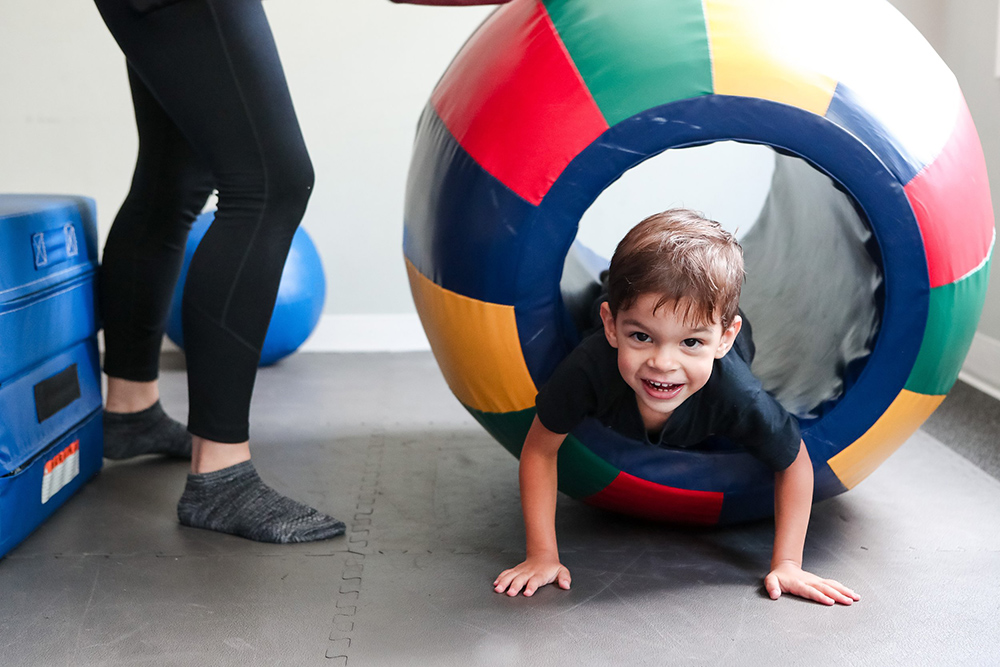Tips For Co-Parenting
Co-parenting after splitting from your partner is often difficult, especially if you have a contentious relationship with the other parent. But amicable co-parenting is an important way to provide your children with stability, security, peace and the opportunity for a close relationship with both parents.
Why is Co-Parenting Important?
Unless there are serious issues such as domestic violence or substance abuse involved, co-parenting is in the best interests of your children’s wellbeing. Research suggests that the quality of the relationship between co-parents can have a strong influence on the mental and emotional health of children and the likelihood of developing anxiety and depression.
Overcoming any feelings of resentment or distrust is essential to developing a cordial working relationship with your ex-partner. There may be times where managing joint custody arrangements can be frustrating and stressful. With these tips, you may be able to plan for and manage the process easier and create arrangements that work for everyone.
1. Setting Aside Emotions
Your relationship may be over, but your family is not. The key to successful co-parenting is to separate the personal relationship with your ex-partner from the co-parenting relationship. Try to think of the co-parenting relationship as a completely new one that is entirely about the well-being of your children rather than about either of you. Put your children’s needs ahead of your own.
It’s normal to be hurt and angry, but your feelings shouldn’t dictate your behavior. Never vent to your children. Get your feelings out somewhere else. Friends and therapists can listen when you need to get negative feelings off your chest. Exercise is another healthy outlet for letting off steam. The goal is to keep your children out of your relationship issues. They have a right to a relationship with their other parent that is free from your influence.
2. Use a Parenting Plan
Parenting plans are an excellent way for both parties to set out guidelines and terms for their co-parenting relationship. It’s a legally non-binding written agreement that covers practical issues such as:
Day-to-day care arrangements
Change over times and locations
Arrangements for special occasions, e.g. birthdays, Christmas, Easter
School, pre-school and after-school arrangements, including school holidays
Sporting and other hobbies/extracurricular activities
Health/medical arrangements
Financial support (if needed) above any child support payments
Communication processes between parents, including resolving disputes and changing the plan
3. Work as a Team
Parenting constantly involves decisions you’ll have to make with your ex-partner, whether you like each other or not. Cooperating and communicating without bickering makes decision-making far easier for everyone. Aim for consistency and teamwork. While you may have different parenting styles, it’s easier if children know they’re living under the same basic set of expectations at each home.
Need Co-Parenting Advice?
Do you need help creating a parenting plan or require any other advice? At EDUCARE, we have specialist child psychologists who can help you create a parenting plan that ensures the wellbeing of your child. Make a booking online or contact us for more information about our services.
Here’s an additional tip for Co- Parenting, click link below!
https://www.custodyxchange.com/topics/custody/family-members/mom.php




